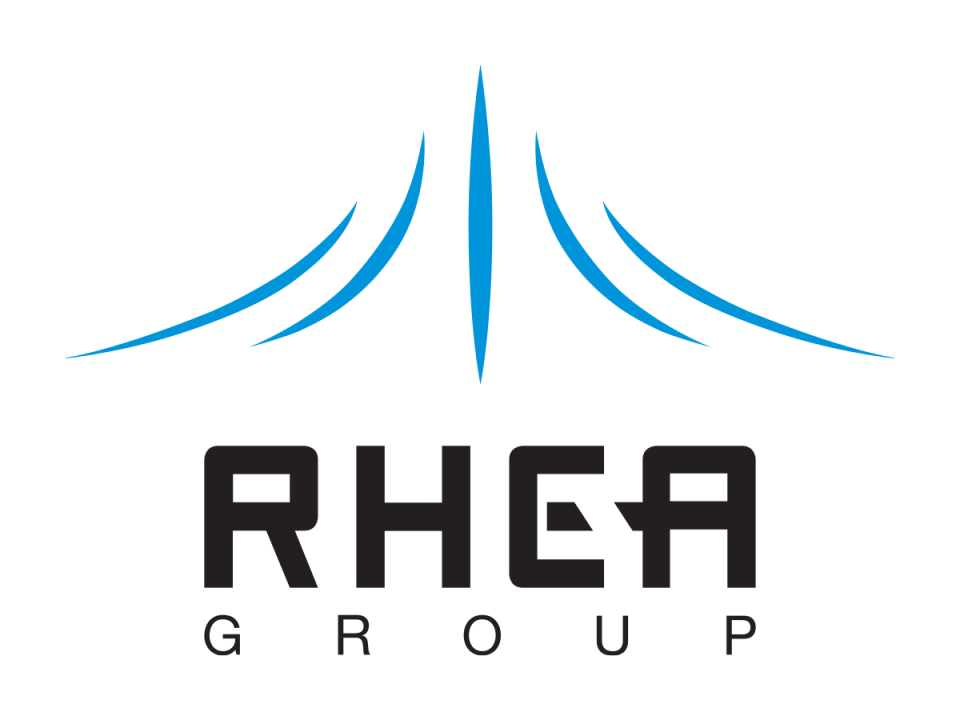RHEA Group is contributing to the European Space Agency’s (ESA’s) Earth Explorer and other Earth observation (EO) missions, designed to observe different aspects of Earth’s system, through payload data ground segment engineering support service at ESRIN in Frascati, Italy. RHEA staff provide technical expertise through each mission’s life cycle, from the preliminary design to the operations, and the long-term data preservation for missions that have ended their operational life.
ESA’s Earth Explorers are small research missions, supported by a series of satellites, dedicated to studying specific aspects of the Earth’s environment while demonstrating new technology in space. They survey meteorological and oceanographic activities on Earth, such as the motions of the winds and tides. Others explore the thickness of the polar ice sheets and the nature of Earth's magnetic field. Their objective is to help us better understand the complex processes taking place on our planet, including the atmosphere, biosphere, hydrosphere, cryosphere and Earth's interior, with an overall emphasis on learning more about the interactions between these systems and the impact that human activity is having on Earth's natural processes.

Image © ESA
The Earth Explorer research missions are pivotal to FutureEO, ESA’s EO research and development programme. Since the first Earth Explorer, GOCE (Gravity field and steady-state Ocean Circulation Explorer), was launched in 2009, each mission has continued to surpass expectations. Used by the scientific community, the Earth Explorers demonstrate how breakthrough technology can continually deliver an amazing range of scientific findings about the Earth. They underpin the scientific excellence that is critical to addressing the challenges society faces today – and will in the future – from understanding different aspects of the climate system, such as atmospheric dynamics and ice melt, to societal issues such as food security and freshwater resources.
RHEA is the prime contractor for the Payload Data Ground Segment (PDGS) Engineering Support Services (ESS) consortium, working with three partners: Serco, Solenix and Telespazio. RHEA provides over 65 highly skilled professionals across four areas with specific competencies, with an overarching service management layer that ensures service effectiveness and continuity.

PDGS ESS – mission lifecycle
Our engineers work on the development of each mission to ensure the integration and validation of the mission’s systems and subsystems. This then passes to the ground segment colleagues supporting the mission operations and coordinating all the relevant activities, including the mission acquisition planning. A third cross-area team supports the common elements shared by the missions, such as data processing and storage infrastructure and security services. We also have a team of experts working on the preservation of data held by ESA to ensure the acquired EO data is maintained over time and made available to the scientific community.
Stefano Tatoni, RHEA’s Business Director, Italy, said, “Under the ESS (Engineering Support Services) contract, our engineers work on some amazing projects, from the preliminary definition phase, where the system requirements and interfaces are prepared and the subsystem and instruments design are defined, through launch, data dissemination and preservation, to the disposal of the satellite. The information gained from these EO satellites is now vital to help us understand our changing Earth and RHEA is very proud to be part of it.”
Phase 1 of the ESS contract is now approaching closure and the team is excited to continue its cooperation with ESA for phase 2, which will run until 2026. The team know they will face new challenges as the Earth Explorers move into new mission phases.
